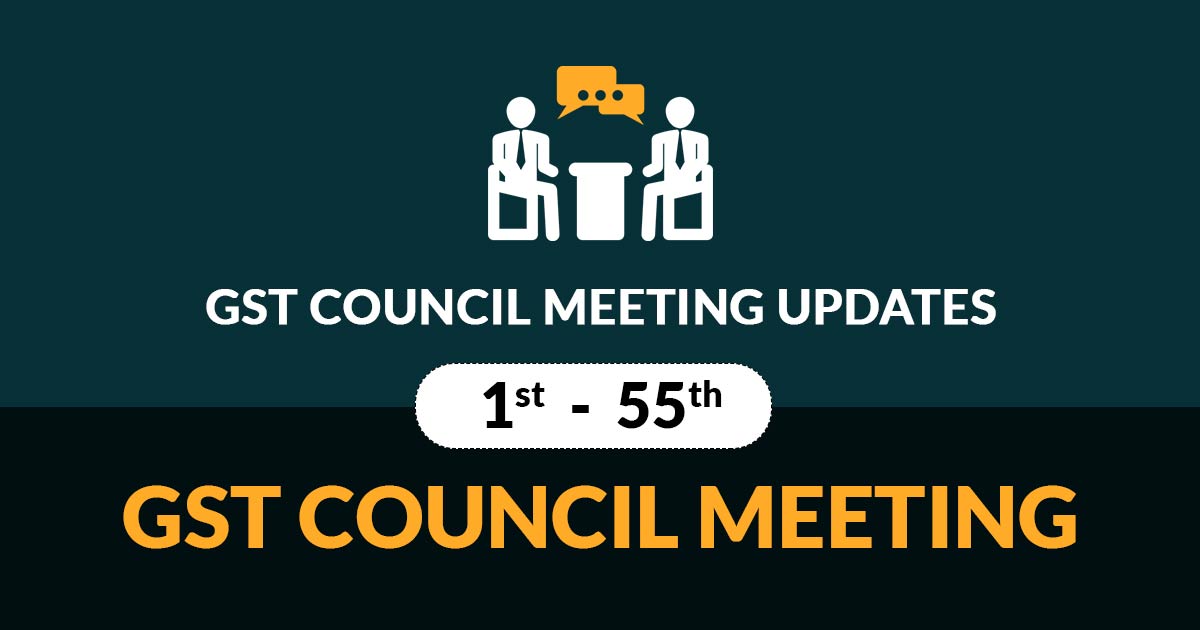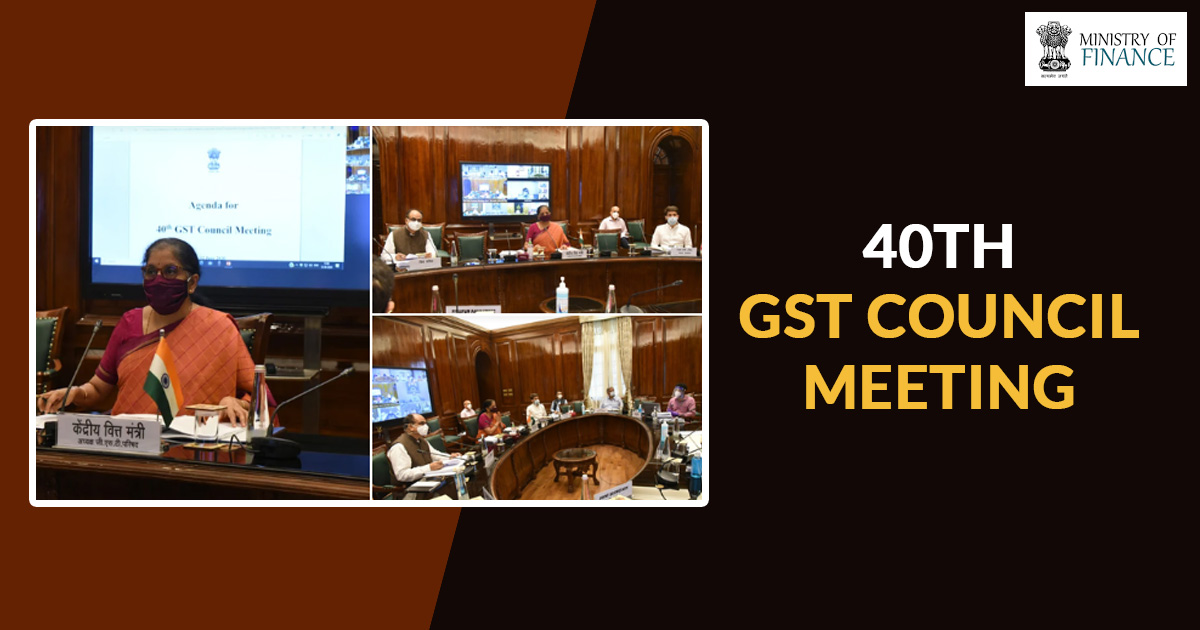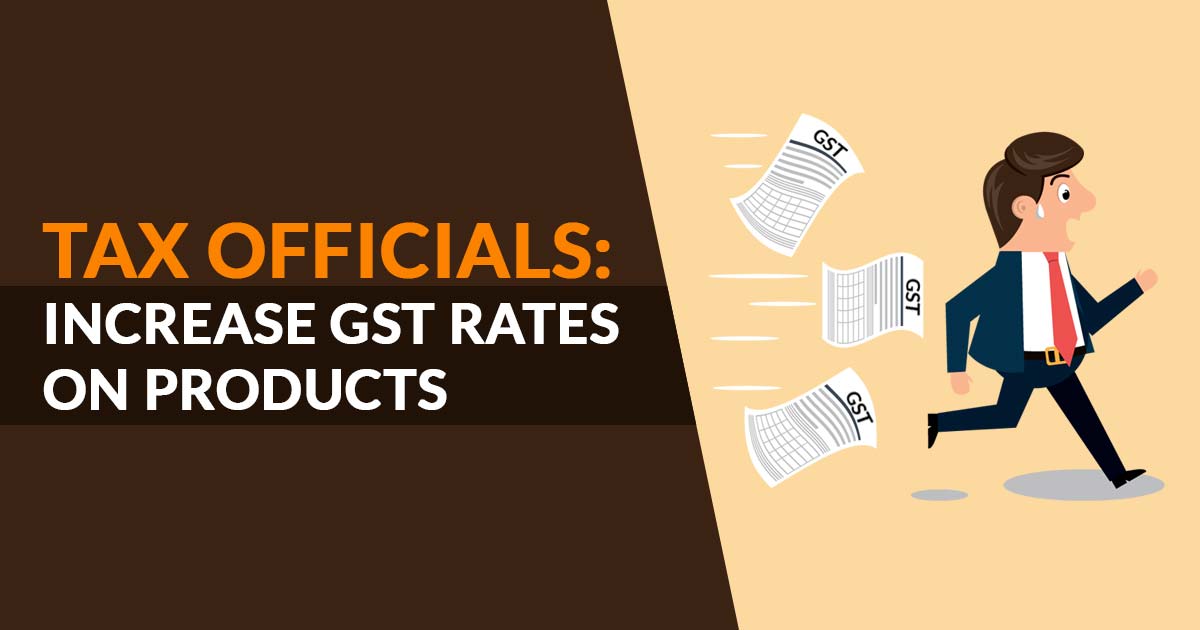The officials are pressurizing the government to rework the Goods and Services Tax (GST) slabs and increase the rates of GST. The officials have also been suggesting that the government should correct the inverted duty structure on fertilizers, footwear, and garments as there are signs of high economic activity in the sectors. The suggestions were made to increase the revenue of the state and center government.
On Friday, the finance ministers of different states had blocked the move of the government to increase GST on footwear and garments under the inverted duty structure (situations where the finished goods have lower tax impositions than inputs). The finance ministers backed up the theory move by providing the argument that it is not a good time to take such steps when the businesses need encouragement.
The finance ministers are insisting that the central government that their revenue and growth in the collection is secure. They suggested that the GST council should borrow from the market to maintain the flow of funds. The officials at state and center are unsure about this step. The first thing needed is that the Reserve Bank of India (Bank) should agree to move, then a proper procedure is to be determined who will be guaranteeing it, its impact on fiscal deficits, repayment schedule, and structure.
Instead, the officials are saying that it is the best time for the center to procure the pending “rationalization” of levies during this time of crisis. A senior officer provided an argument that when the revenue is higher, the need for compensation goes down. He also suggested that the rate should be increased and more heads should be brought under the ambits.
The proposal of increasing the tax rates in GST slabs was brought up in the GST council meeting 
The officials suggested that the GST slab set at the rate of 5% should be changed to 7-8% and approx 200 items in 12% GST slab should be shifted to the GST slab of 18%. The move will bring additional revenue of approx Rs. 1 Lakh Crore. States did not back up this move stating that the move required a deeper and thorough study.
“The issue needs to be explained. After all, states and the Centre did increase VAT on fuel and consumers are paying for it. Similarly, a 1-2 percentage point increase will not pinch them,” said an officer.
The government of states and their finance ministers have not backed up any such move of the center. Even the inverted duty structure has failed to get their approvals. The Secretary of the GST Council pushed the move of inverted duty structure for garments, footwears, fertilizers, tractors, pharma products, and other items during the 40th GST Council meeting 









